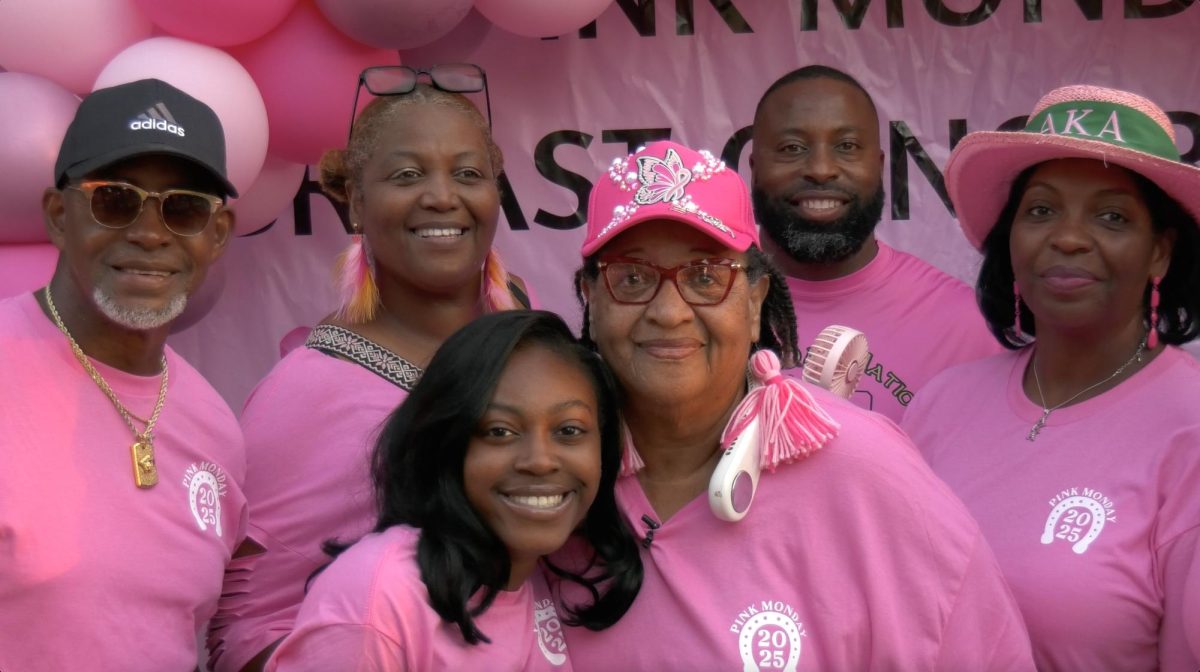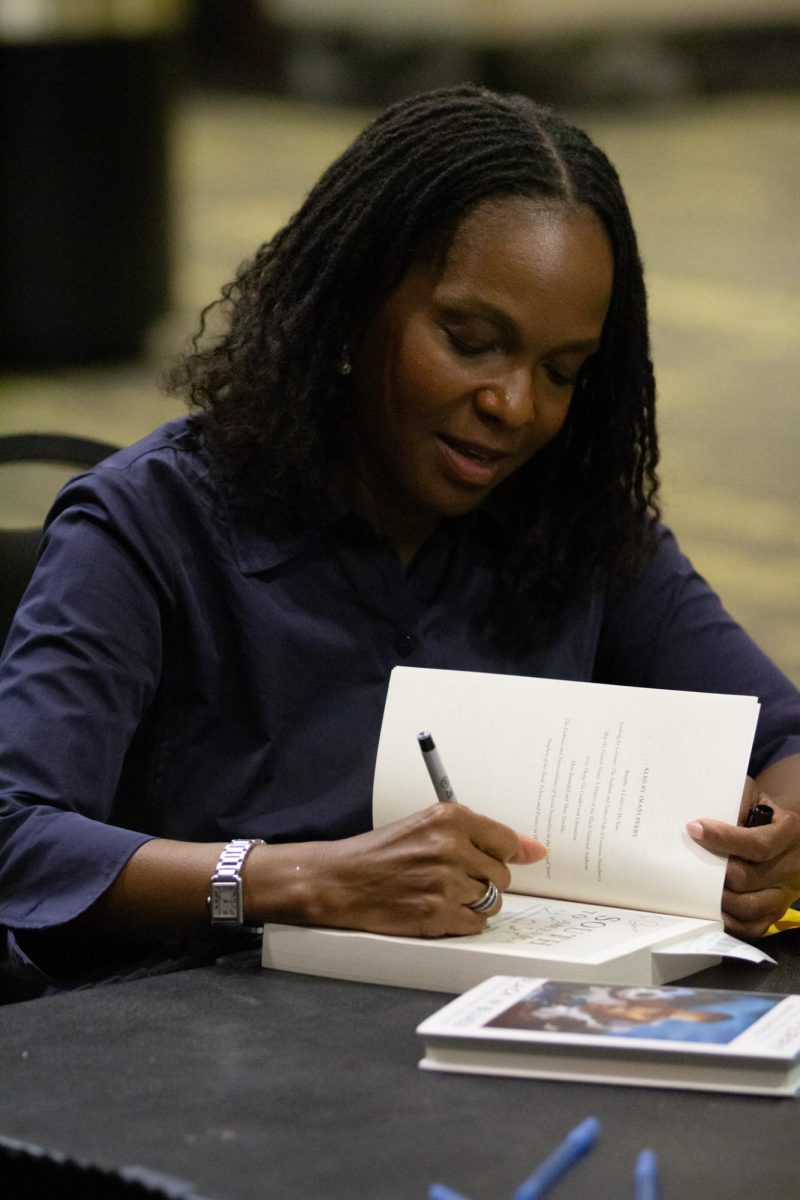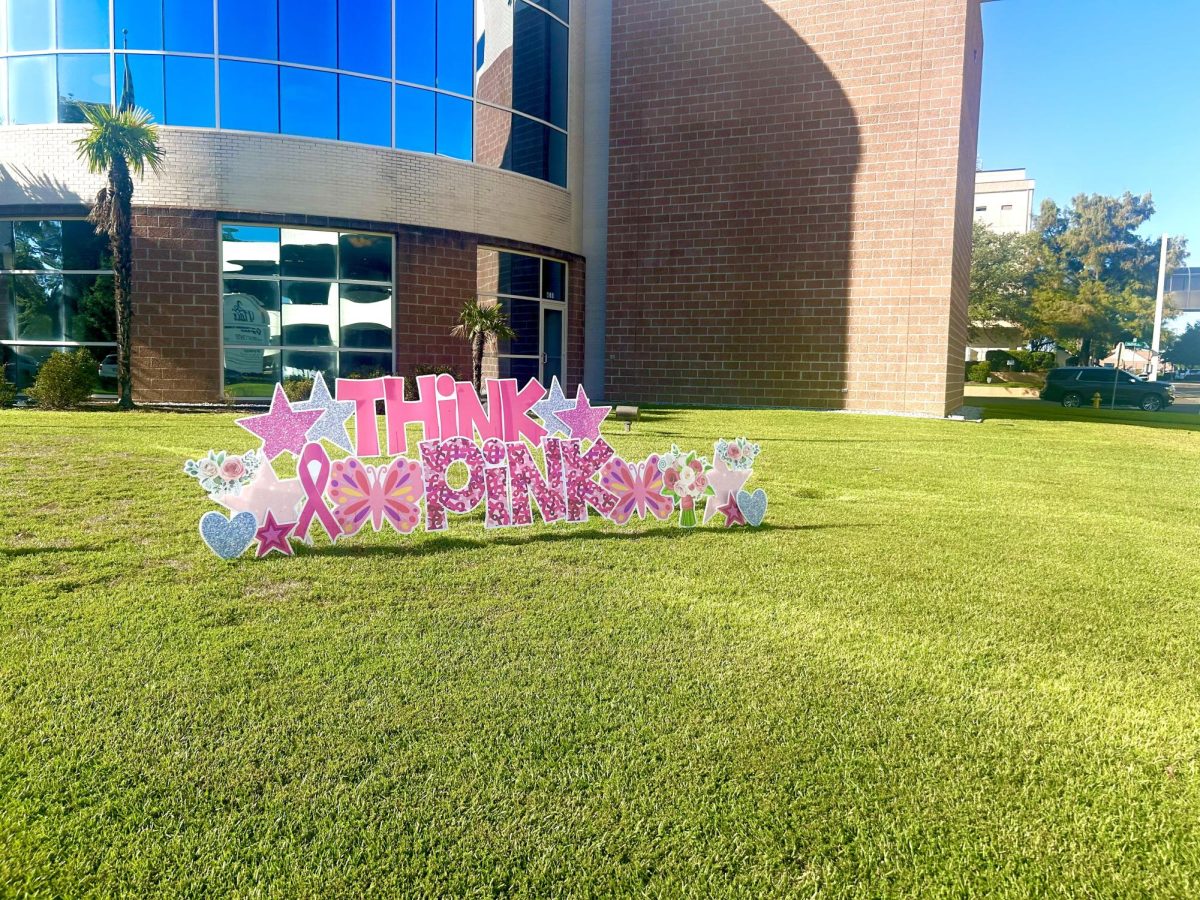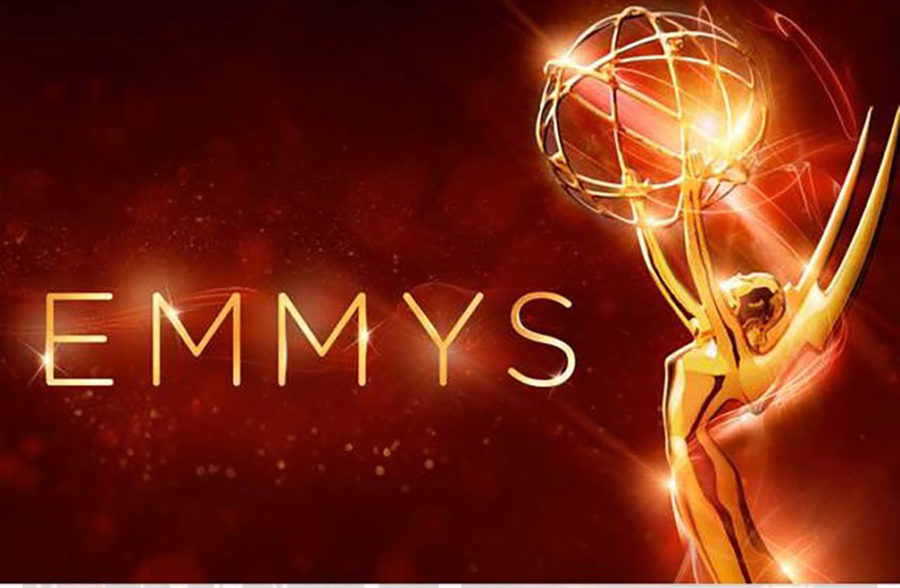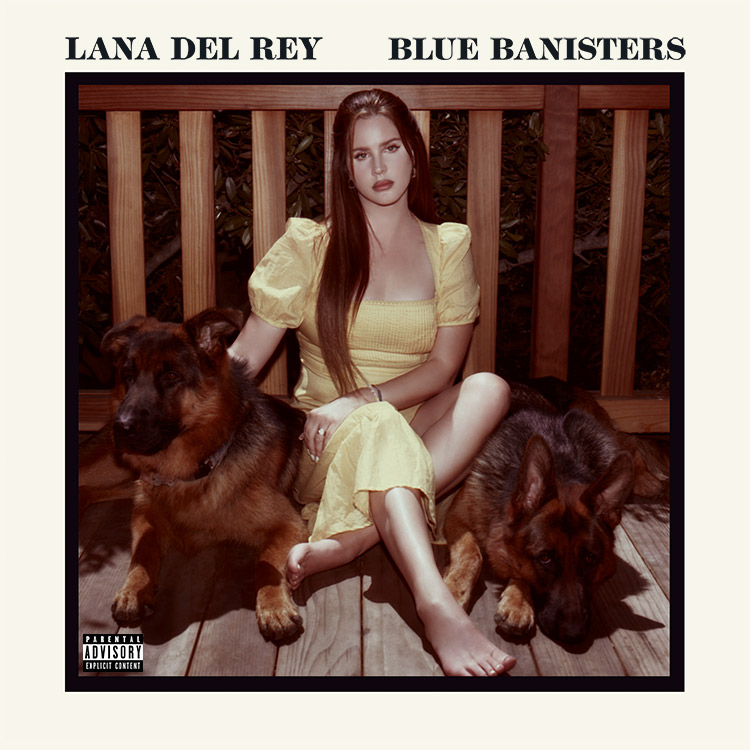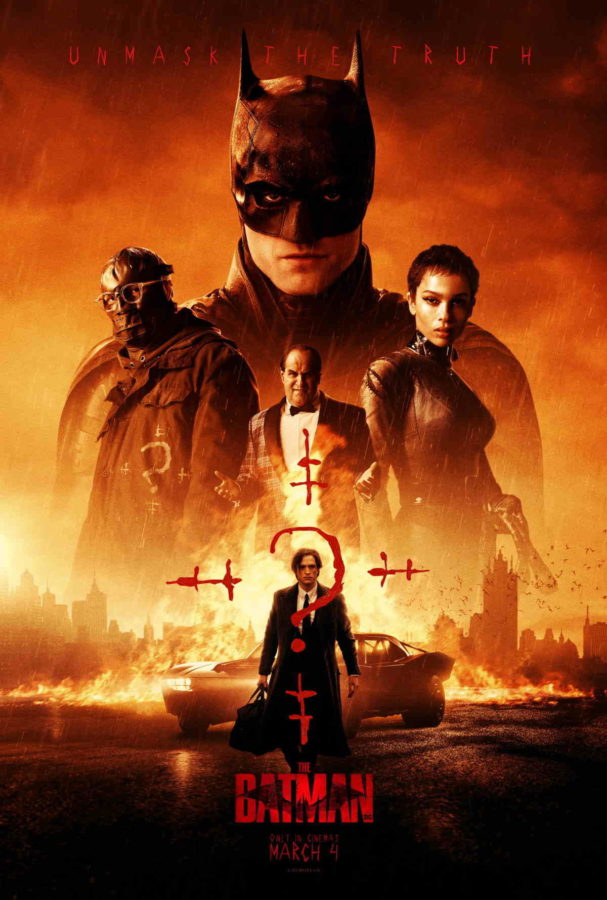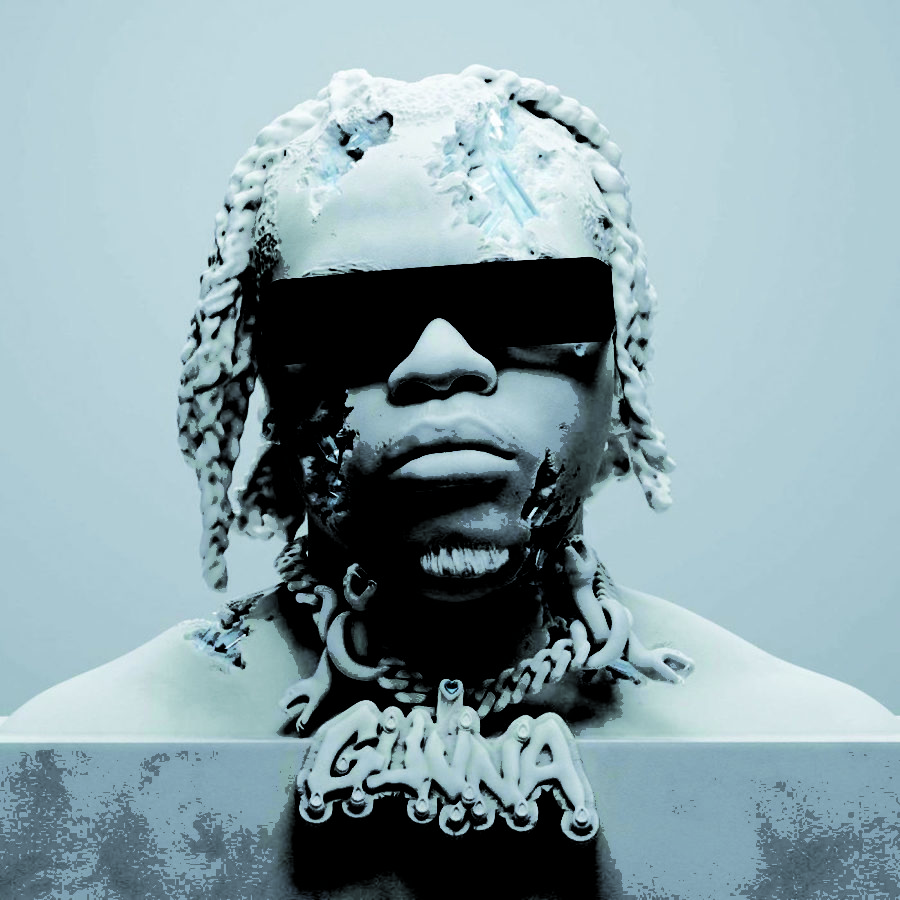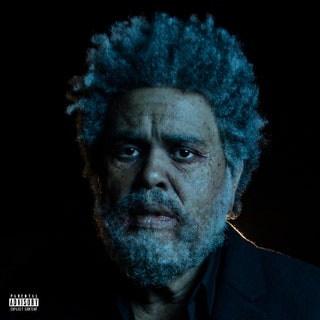This year’s Emmys felt like an ill-prepared, underdeveloped mess. The ceremony offered little excitement, failed to set any sort of tone and was all-around unremarkable.
The awards show opened with a hopeful song about how Hollywood’s problem with diversity and inclusion was solved, but the first half of the program primarily gave awards to white people, which Michael Che later joked about. During the first five minutes, Kate McKinnon pointed out that Sandra Oh was the first Asian woman to be nominated for “Lead Actress in A Drama Series” for her work in “Killing Eve.” However, she lost that award to Claire Foy of “The Crown.”
Altogether, the events did not measure up to the previous claims on greater diversity.
“Weekend Update” anchors Michael Che and Colin Jost hosted the Emmys, which was uncomfortable to watch. The two were an awkward pairing who failed to grasp the concept of fun banter. The only saving grace was when Che gave out “Reparation Emmys” to influential black actors like Jaleel White and Jimmy Walker who were wrongly snubbed during their time. They also made a joke about how Bryan Cranston won so many Emmys for “Breaking Bad” only because he was white.
During her speech for Outstanding Lead Actress, Rachel Brosnahan made a plea for viewers to register to vote but pushed no political agenda to go with it. Surprisingly, this moment was the political height of the night.
Halfway through the program, Betty White was brought out to say a few words about being a longstanding legend in television, which was nice, but altogether felt like a space-filler.
Along those lines, Fred Armisen and Maya Rudolph did a bit where they were unprepared Emmy experts, and whenever they would be quizzed about the awards show history, they would just drag out time and look visibly uncomfortable.
On the actual awards side of things, “The Marvelous Mrs. Maisel” took home almost every award, and “Atlanta” lost out on awards it deserved. “The Assassination of Gianni Versace” won for “Outstanding Limited Series,” and in a touching moment, Ryan Murphy dedicated the award to all of the LGBT people who were victims of hate crimes.
One of the few truly spectacular moments of the nights was when Director Glenn Weiss gave a heartfelt acceptance speech when he won “Outstanding Directing for a Variety Special” for his work for the Oscars. He mentioned that his mother died three weeks prior and thanked his girlfriend, Jan Svendsen, for being the sunshine in his life.
“You know why I don’t like calling you my girlfriend?” Weiss asked. “It’s because I want to call you my wife.” Svendsen ran on stage and accepted the proposal, leading to a standing ovation.
Despite nice moments like an on-stage proposal, the Emmys were mostly nothing spectacular. If anything, they just proved that we have not actually solved the problem of awards shows being inclusive and that we still have far to go if we want to make actual progress.

